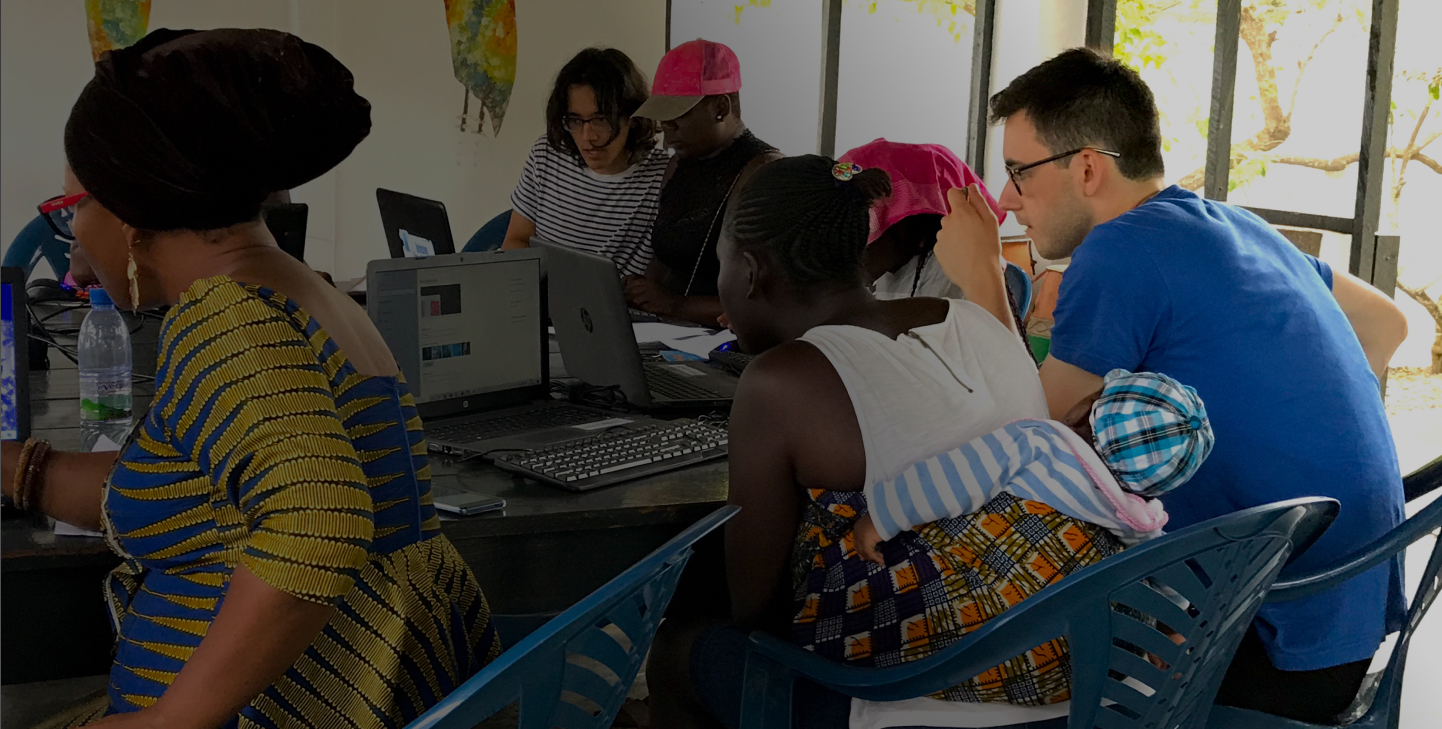
Empowering communities
through impactful research.
Research fellowships
5 reasons research fellowships are for you
1
Generate solutions to
community challenges
community challenges
2
Get practical
research experience
research experience
3
Get guidance from
expert supervisors
expert supervisors
4
Use your individual
skills and expertise
skills and expertise
5
Receive career-boosting
mentoring and support
mentoring and support
Conduct research to enable social change
1
Experience qualitative
research methodologies
research methodologies
2
Get exposure to
developmental challenges
developmental challenges
3
Learn how to collect
and analyse data
and analyse data
4
Interpret findings and
share with the community
share with the community
Choose between two types of research projects

Flagship research project
Contribute to existing, ongoing research projects and assist GVI and our partners with general conservation monitoring efforts.

Independent research project
Complete your studies by conducting your own research that aligns with the topics and data that GVI and our partners have available.
Match your skills to
community needs.
Join a project where your experience will be adapted to your individual interests and expertise and address community priorities.
Guided by expert supervisors
Grow personally, develop professionally
Leadership skills
- Project management
- Critical thinking
- Resilience
- Time management
Soft skills
- Cultural awareness
- Interpersonal skills
- Communication
- Teamwork
Development skills
- Qualitative & participatory research methods
- Data collection
- Community engagement
- Data analysis, reporting and visualisation
Launch your career in social impact
When you complete an internship of 12+ weeks, we guarantee you’ll secure an impact-driven position within 18 months (or we’ll return 50% of your program fee). View our career guarantee.
You'll also get:
- Weekly group sessions
- Research supervisor guidance
- Research fellowship training
- Job portal access
- Career coaching sessions
- Career course
- LinkedIn reference
Explore your options. Discover more programs.
4–24 weeks
2-24 weeks
24 weeks
































